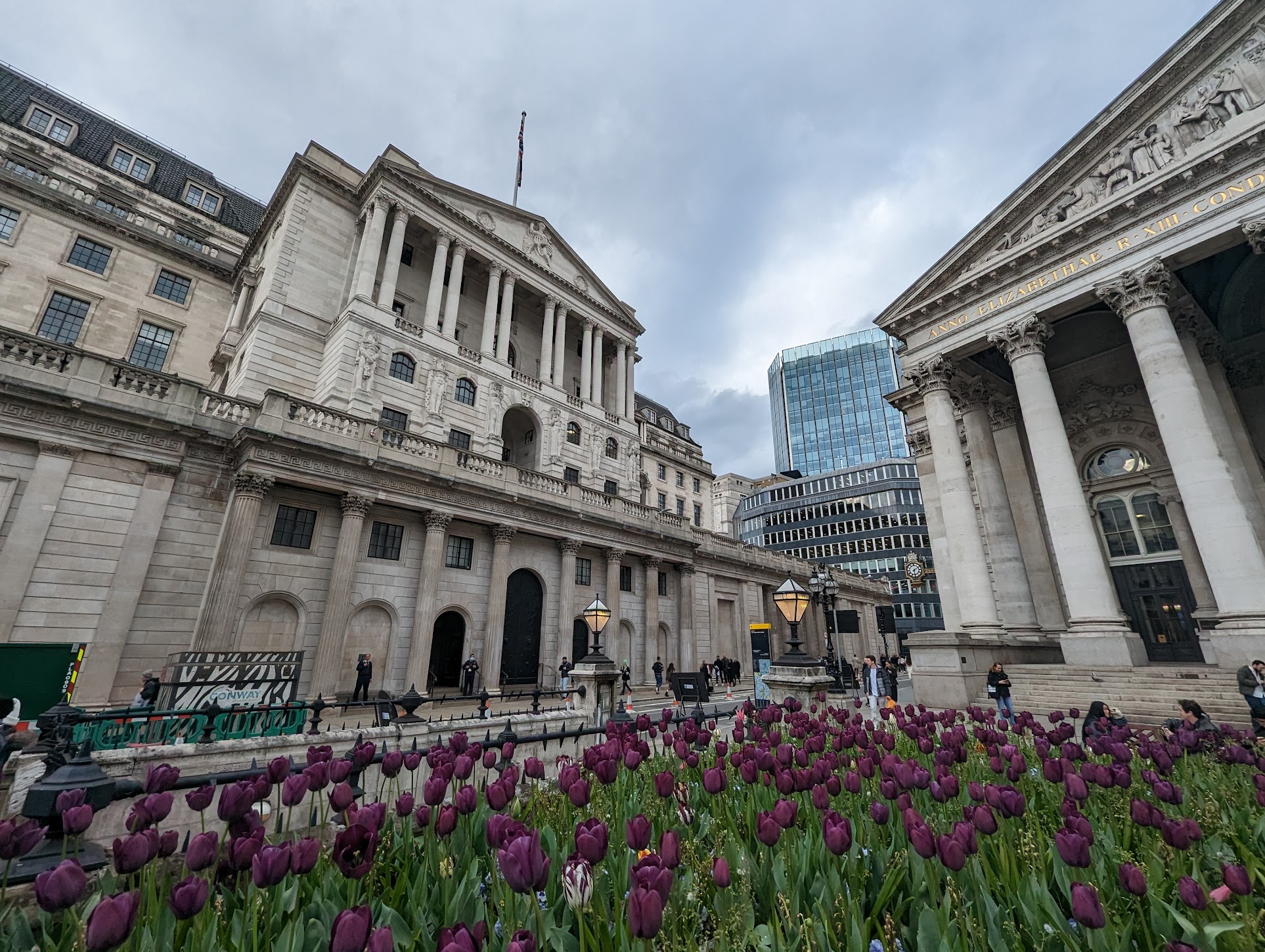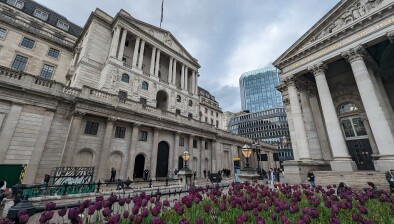Lords call for Bank of England reforms to improve inflation performance and accountability

The House of Lords’ Economic Affairs Committee has stated that reforms are needed to improve the Bank of England’s performance and accountability to parliament.
In the ‘Making an independent Bank of England Work Better’ report published yesterday, the committee stressed that the independence of the Bank should not be compromised, but reforms were necessary.
According to the committee, soaring inflation has led to a substantial loss of public confidence in the bank. In the committee’s summary of the report, it stressed that it had received evidence that errors in monetary policy at the Bank of England “reflected a lack
of diversity of view” at the Bank and the wider central bank community.
The report reads: “When inflation rose, central bankers focused on supply-side shocks as the cause, and the higher inflation rate was seen as transitory. Some witnesses therefore considered that the inflationary potential of elevated rates of money supply growth were given insufficient attention by the Bank.”
In light of this, the committee has identified several key issues that need to be addressed to improve the bank’s performance and restore confidence in it.
The report recommended that to safeguard economic and financial stability the interaction between fiscal and monetary policy requires clear lines of responsibility and effective communication between the Bank and HM Treasury.
Secondly, the report revealed witnesses expressed concern regarding the bank’s expanding remit, especially with respect to the matters it is expected to have regard to or consider—climate change being the most cited example—to support the Government’s economic policy. The committee found that this widening of remit risks jeopardising the bank’s ability to prioritise its primary objectives; risks drawing the Bank into the Government’s wider policy agenda; and increases the potential for conflict between its objectives.
The committee recommends that the Bank’s remit should be pruned by HM Treasury, with a focus on the number of matters it is expected to have regard to and consider. The Bank’s management structure, which has expanded in line with its growing remit, should also be reviewed with a focus on whether it could be made more streamlined.
Thirdly, the report indicated that errors were made in the conduct of monetary policy by the wider central banking community, including the Bank of England. To address this, the bank must do more to foster a diversity of views and strengthen a culture that encourages challenge. Areas that need attention include governance, hiring practices and appointments, especially to the Monetary Policy Committee.
Finally, and critically, the committee stressed that an independent Bank of England must be held to account effectively. A small group of appointed Bank officials, who are not part of the elected Government, exercise significant powers that have an impact on the entire UK economy. Given that the Government is unable to challenge the Bank’s decisions without compromising its independence, it is therefore imperative that the Bank and its remit are effectively scrutinised by, and its officials are held accountable to, Parliament. As the bank’s remit has grown, there has not been a commensurate increase in scrutiny or the means to hold those officials to account.
The committee highlighted that it is concerned that a democratic deficit has emerged, which risks undermining confidence in the Bank and its operational independence. It therefore believes that current Parliamentary arrangements should be enhanced. In particular, the committee recommends that Parliament should conduct an overarching review of the bank’s remit, performance and operations. Such a review, conducted every five years, would enhance Parliament’s ability to hold the Bank to account and to express its view on the Bank’s performance and leadership. More scrutiny and accountability should strengthen confidence in operational independence.
Summarising the findings, Lord Bridges of Headley, who chairs the Lords Economic Affairs Committee, said: “Twenty-five years after the Bank of England was made operationally independent it is time to take stock. We are of the strong view that independence should be preserved, but reforms are needed to improve the bank’s performance and to strengthen its accountability.”




